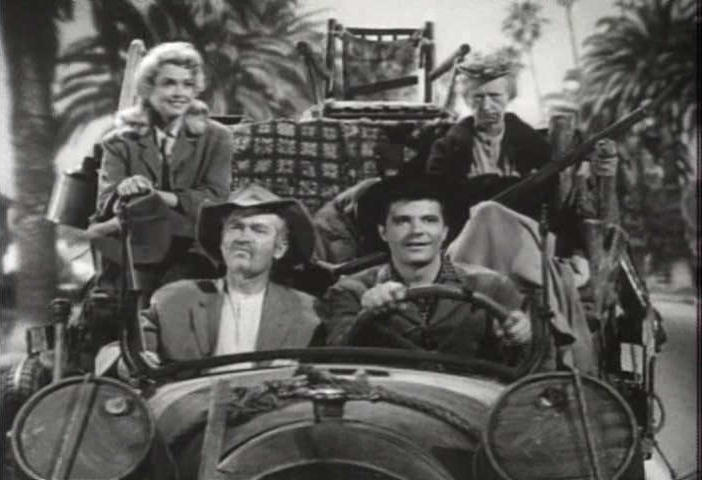You couldn't be more wrong. As the price of a thing goes up, the demand will go down. That's called the Law of Supply & Demand in case you've never had an economics class.
The price limit is different for everybody. For example: say ticket prices go up 10% across the board. A certain number of people just won't travel- lets say they're 10% of the traveling public. Of the 90% remaining, another- lets say another 10%- will still travel, but not by air (they'll go by car or train). Right away, air travel goes down by 20%. Name an airline that can stay in business very long with 20% fewer passengers, AND not lay off pilots, ramp workers, gate agents, and not reduce the size of their fleet. Lets say on top of that 10% across the board fare hike, tickets to some destinations go up 20%... or 30%. Do you seriously think the same number of people will keep on buying those more expensive tickets? If things worked the way you seem to think they do, Bob Crandall wouldn't have had to back off his fare hikes. In fact, airline fare wars happen precisely because there's a free market- not in spite of it.

